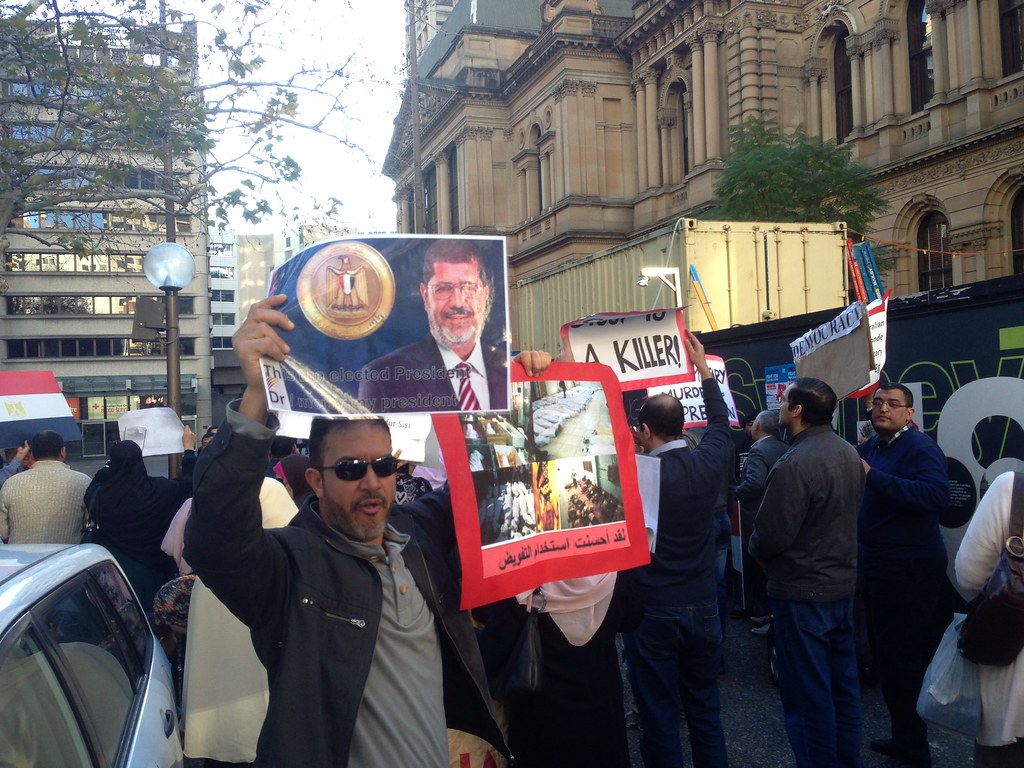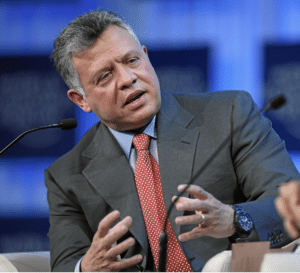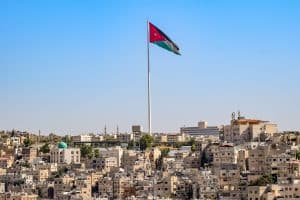Jordan’s highest judicial authority, the Court of Cassation, has issued an order to dissolve the Muslim Brotherhood branch for failing to rectify its legal status under Jordanian law. The ruling also brought to an end a long dispute between the Muslim Brotherhood founded in 1945 and an offshoot group the Muslim Brotherhood Association which was authorised by the government in 2015.
Dissolution of the Muslim Brotherhood
Amman has been tolerating the Muslim Brotherhood political activities for decades. However in 2014 the government proclaimed the Brotherhood illegal since it did not obtain a new license under the latest law on political parties and associations. The following year the government legally recognised a break-away group, the Muslim Brotherhood Association. Namely in 2015 around 400 members of the Muslim Brotherhood defected from the original movement. The newly formed group wanted to set itself apart from the influence of Hamas, Qatar and Turkey with taking a moderate stance. The government took advantage of internal conflicts within the Brotherhood and supported the newly formed group. In April 2016, security services closed the original Brotherhood’s Amman headquarters and several regional offices and transferred their ownership to the splinter group. The Brotherhood took the case to court in a bid to retrieve the properties, which culminated in dissolving the original Muslim Brotherhood group.
Transnational network
The Society of the Muslim Brothers (Muslim Brotherhood), is a transnational Islamist organisation founded in Egypt in the 1920s. They were spreading their Islamist agenda through the Middle East with the help of like-minded organisations and state actors, such as Turkey and Qatar. The organisation registered in Jordan in 1945, and it has been actively participating in politics since then. Currently, the Muslim Brotherhood is the „largest and oldest Islamic organisation in the country, with more than 10.000 members in Jordan,“ according to Counter Extremism Project. They are also represented in the parliament, through the Islamic Action Front (IAF) party, which won 15 seats in the 2016 parliamentary elections under the National Alliance for Reform – consisting of 10 Islamists and 5 independents. To ease pressure from the government, Islamist were forming coalitions during previous elections. However, it remains uncertain if they will apply this strategy for the next elections, which are expected to be announced in the coming days.
Wider context
Muslim Brotherhood is regarded as a terrorist organisation and banned in Saudi Arabia, the United Arab Emirates and other countries in the region. There was also a debate in the United States about including the movement in the US list of Foreign Terrorist Organizations (FTO). All in all, the Muslim Brotherhood has suffered numerous setbacks recently that increasingly decreases its impact on the Arab world. „The members of the Brotherhood must start looking for a new host and new political cover in the Middle East. Jordan seemed a logical alternative, given that it was the only Arab state where they were licensed to operate and still enjoy a considerable power base,“ said analyst Sami Moubayed in European Eye on Radicalization. Therefore the decision of the top Jordanian court to dissolve Muslim Brotherhood can be seen as a political decision to further diminishes their influence in both the region and the country, upon coming elections.
However, the movement still has a chance to revive its place on the Jordanian political map. „This verdict is not final, and our legal team is assembled to provide the legal documents for appeal,“ said the Brotherhood spokesperson, Muadh Al-Khawaldeh.
Sources: Arab News, Jordan Times, The Arab Weekly, Middle East Monitor, Middle East Eye
Photo: Flickr



